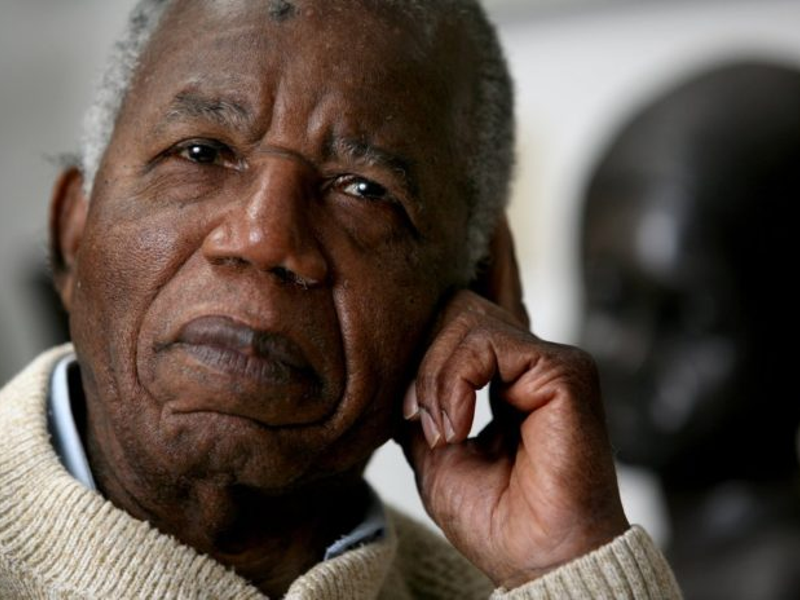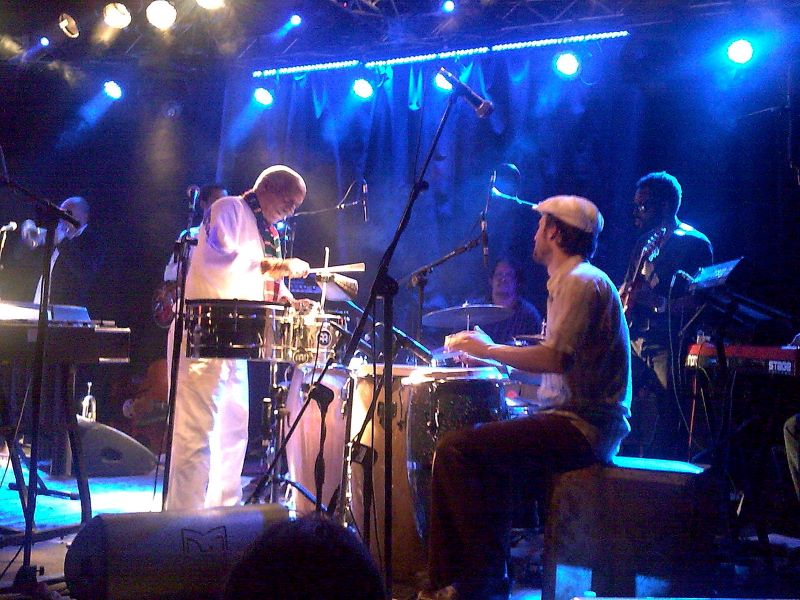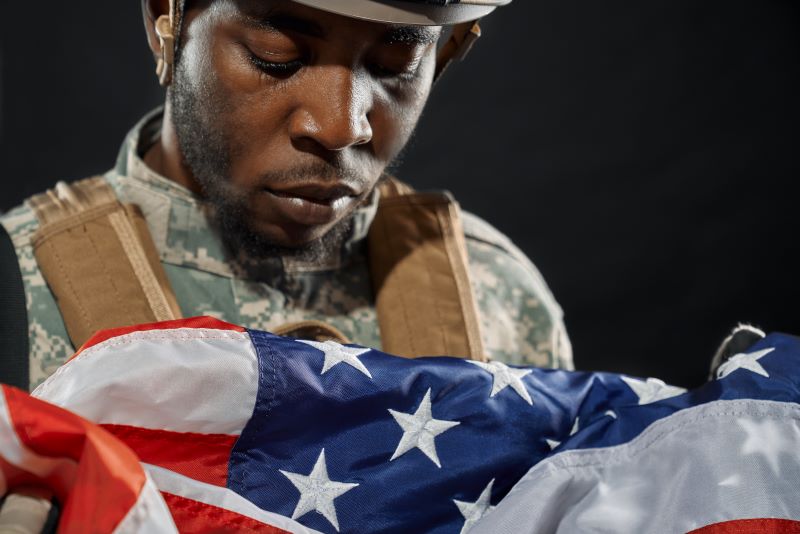
If you don’t like someone’s story, write your own.
– Chinua Achebe.
Nigerian Author Chimamanda Ngozi Adiche published on her Facebook page excerpts of an interview she granted a French Journalist (FJ) at the Launch of the Night of Ideas (La Nuit Idees) in Paris she titled, On Bookshops – Not Libraries- in Nigeria. The excerpts of this interview is quite revealing in its line of thought concerning the misconceived opinion of what Africa represents. Below is a pull out of the interview;
FJ: Are your books read in Nigeria?
Chimamanda: Yes.
FJ: Are there bookshops in Nigeria?
Chimamanda: What?
FJ: I ask because French people don’t know. They know only about Boko Haram.
Chimamanda: Well, I think it reflects poorly on French people that you asked that question.
As saddening as this line of thought might seem, it rings true about the misconceived opinions from non-Africans about what life is like in Africa. But to blame non-Africans totally for holding such misconceived opinion amounts to enabling the retrogressive behavior of not owning up to our shortcomings. The real question we should be asking is, Whose fault is it that Africa is portrayed as the Dark Continent? Whose fault is it that the only tales coming out of Africa are tales of wars, hunger, strife, and poverty? Even when the mainstream media continue to push the negative narratives of Africa, how much effort have Africans put in changing the narrative?

The great literary icon, Chinua Achebe, recognized the need to tell our stories when he said that “Until the Lions have their own historians, the history of the hunt will always glorify the hunter.” Understanding the importance of telling our own stories has given birth to notable African writers who have taken up the task of changing the narratives that has painted Africa and Africans in a bad light. The late Chinua Achebe who was recognized as the Father of African Literature, won the Man Booker International Prize in 2007, beating writers including Ian McEwan and Salman Rushide. His book, Things Fall Apart, sold several million copies and has also been converted to several languages. He was the pioneer teller of the Africa story.
Refusing to write a book more acceptable to post colonial-desires, his success over the years emboldened other notable authors such as Chimamanda Adiche, author of Half of a Yellow Sun, Mariama Ba, author of So Long a Letter, Tsitsi Dangarembga, author of Nervous Conditions, Wangari Maathai, author of Unbowed, to determine the narratives of Africa. Now the Lions have their own historians. It is notable to see how much the impact of African Literature has inspired educational institutions to form their curricular around African Literature. No longer are schools restricted to the study the works of William Shakespeare, Charles Dickens and other notable western authors. Now students have a wider choice of African Literature to study.

This has broadened their understanding of Africa and its rich culture. It has opened their minds to appreciate who they are and where they come from. This has given birth to advocates who are in the forefront of retelling the African story ̶ warrior poets who are slaying down every misconceived notion once held about Africa and Africans.
The result is that the world is paying attention. Media outlets like CNN, BBC, and Aljazeera now have dedicated programs devoted to issues concerning Africa. Gradually Africans have begun to step out of the inferiority complex they have been saddled with for centuries. They have begun to find their voices as well as believing that from the so-called Dark continent, a new light is shining forth ushering in a new breed of men and women ready to impact their world with the God given talents at their disposal.
Nzeribe Okechukwu is an entrepreneur and a teller of the African story. In an imperfect world he would have been born elsewhere but considering that perfection is a continuous effort at trial he was born in Africa and has been saddled with showcasing the African brand.




